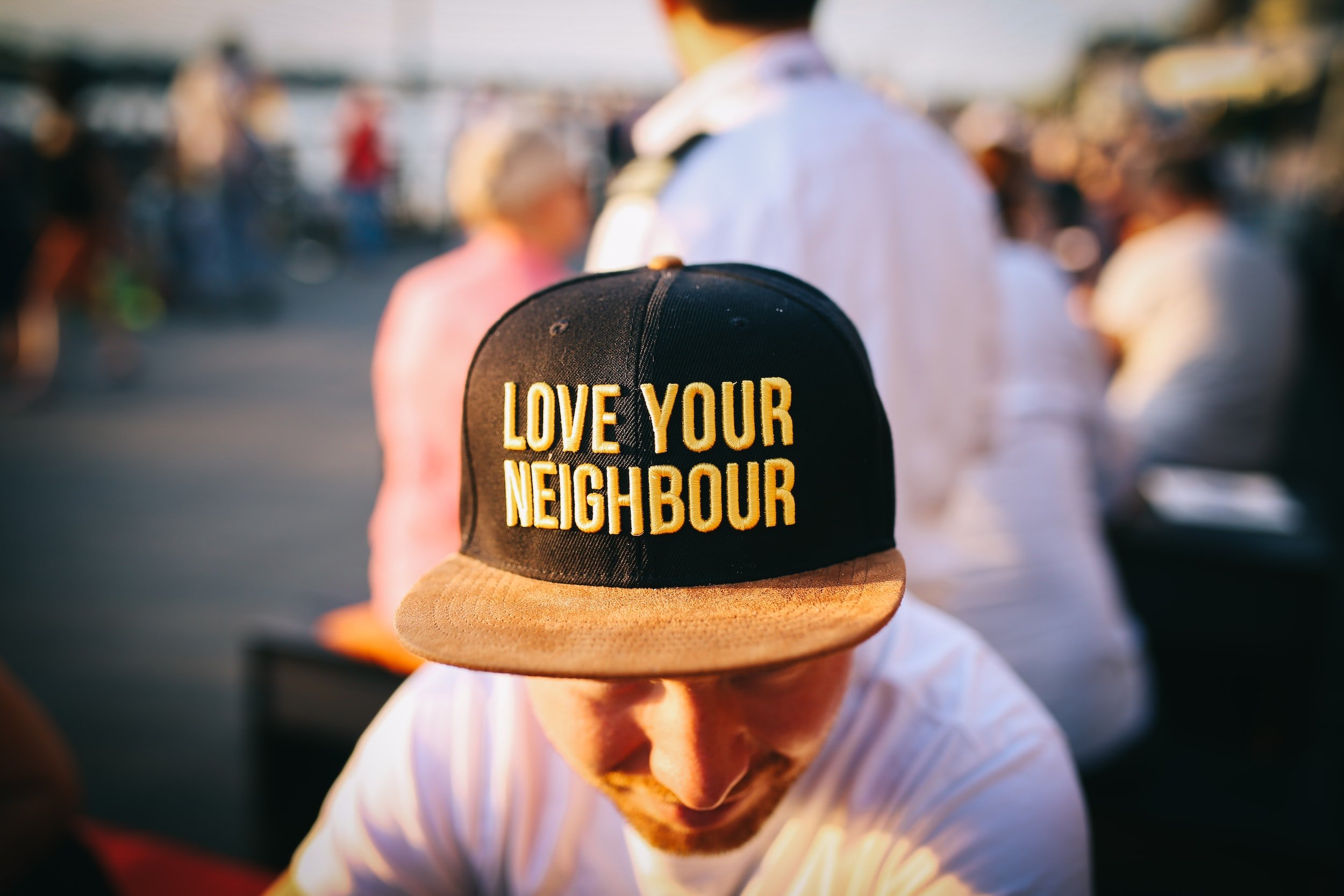The Community Choice
This was published in the Winter 2020/2021 edition of NYWEA's Clear Waters magazine and is intended for professionals in the water industry.
What do you and I have in common?
If we were standing side by side, would an outsider see anything more than, “they’re both human”? After all, my upbringing was different from yours. Your hair is different from mine. My family dynamics are different from yours. Your spirituality is different from mine. I like different food. You like different sports…
And yet, we come together to work toward some common goals.
If you are reading this, then I know in some way, you work to contribute to clean water and water environment protection.
I feel confident that you and I agree on other things, too, like all children deserve access to clean water. And we want to be confident that when we turn on the tap, the water coming out is safe to drink. And we want to be confident that our wastewater is treated responsibly, so that our waterways and future water resources are protected.
Even with all our differences, I suspect many of our core values and aims align.
Listening
Recently, it has been difficult to focus on these similarities and our uniting qualities. If social media had a mind, we might imagine that mind is out to divide us as deeply as possible.
Celeste Headlee, of the popular TED talk Ten Ways to Have a Better Conversation, once wrote:
“Any time you enter a conversation, and especially when you are about to talk with someone who holds different beliefs from your own, ask yourself: What do you hope to get out of this exchange? What would you like to have happen at the end and how would you like to walk away from the other person? Angry, frustrated, and no smarter than when you started? You probably cannot change their mind, so perhaps your goal should be your own enlightenment. You can’t control what they take away from the conversations, but you can control what you get out of it.”
Our ability to raise our own consciousness and make choices accordingly might be the thing that makes humans unique.
Watching people, people like you, choose to step above division gives me hope.
We unite, despite the many differences we perceive, toward the aim of clean water and protected water resources. For what else might we choose to unite?
Sonder
Sonder is the idea that you can come to an awareness that every person has an internal life and dialogue as rich and conflicted as yours.
Take a moment to stop.
Take a deep breath.
Visualize someone whom you believe is quite different from you.
Once this person is in your mind’s eye, consider – what is in their mind?
Can you imagine their different thoughts?
Their beliefs?
Their motivations?
Can you imagine how they want their family-members to have clean water? To live in a safe community? For their children to get a good education so they can make a living and contribute to society?
That person you imagined – did you realize that they, too, have suffered affronts, experienced let-downs, and shame?
How might a new, deeper understanding of the people around us – those we serve through our work, friends, neighbors, co-workers – change us? How might it change the way we choose to show up for others?
Over this past exceptional year we, as a society, have been asked over and over to consider others. Public health officials have asked us to wear masks to protect one another, particularly those vulnerable to complications of COVID-19. Some people, people who may have skin color different than yours, ask us to see and consider their lived experiences of bias, racism, and ostracization and then, hopefully, take action.
With such new understanding and empathy, we open up our choices.
Can we choose to do more listening than telling?
Can we choose to acknowledge the pain others feel, even if it’s not the same pain we have experienced, and then choose to be part of the solution, rather than a bystander?
Can we choose to cultivate equity and inclusion, not because of a so-called “business case,” but because it’s the right thing to do?
Can we choose to find new ways to cultivate unity in our communities?
We have tremendous power and influence through choice.
I know the answers to these questions.
Every day, you get to decide for yourself. What will you choose?
